Want to keep the worst impacts of climate change from unfolding in your backyard? You’ll have to be strategic about where you live—which is why we asked climate change experts to name the most geographically resilient places in the country.
Try moving to the Northern Great Plains, they suggested.
The Northernmost states of North Dakota, Montana and Wyoming are the most naturally resilient in the country thanks to cool temperatures and infrastructure, said National Oceanic and Atmospheric Administration (NOAA) official Tim Owen. Though flooding is expected to occur across the U.S., the region faces few other potentially devastating challenges. While temperature spikes may shorten the winter season, the fluctuations are unlikely to be dramatic enough to do real damage to infrastructure (though they could disrupt local ecosystems). In fact, the agricultural sector could actually benefit from longer harvesting seasons.
“The changes are in a direction that doesn’t expose them to the limits of their infrastructure in terms of temperatures,” said NOAA official Ken Kunkel.
To settle on the Northern Tier as the safest place to live, the climate researchers TIME talked to worked through a process of elimination. Some regions, like the Southwest, already endure sweltering heat that’s only expected to worsen in coming decades. Making these high temperatures even harder to bear, experts expect an increase in electricity outages due to growing demand. In places like California and Washington, drought promises to deplete what remains of the states’ fast-disappearing water sources. “The risk of sustained drought is a risk everywhere in the United States,” said Owen. “But it’s more of a concern in the Southwest than anywhere else.”
Still, the climate experts cite heavily populated coastal regions as the top regions of concern. Across the country, sea levels are expected to rise by several feet, and parts of many low-lying cities like Miami and New Orleans could easily be submerged underwater by a strong storm. Climate changes threaten not only to destroy beachfront properties but also to damage infrastructure that would affect those who live miles inland. Infrastructure along coastlines affects drainage from sewer systems and the cost of power and other utilities. “Those are the hidden consequences of climate change that a lot of people haven’t begun to reconcile yet,” said Owen.
Read More: Here’s Where People Are Most Concerned About Climate Change
But there’s another way to think about resilience, climate change experts say. Instead of focusing on a community’s vulnerability to climate change, or lack thereof, you could consider how well a given location can respond to a climate disaster. Using this metric, coastal urban regions tend to fare well because they have more money.
“At the end of the day, the strength of an economy—the income level of a region—dramatically affects the ability of a region to bounce back,” said Stephen A. Hammer, a climate policy expert at the World Bank. Hammer pointed to the response efforts in the New York City region after Hurricane Sandy in 2012 as evidence of the way wealthy cities can recover quickly. While some affected areas along the Eastern Seaboard still haven’t rebuilt entirely, the resource-rich Financial District went back to normal faster.
Places like New York, Los Angeles and Chicago rank among the top-five cities around the world most adaptive to climate change, in part due to their wealth, according to a report from the Grovsner group. The cities have plans to adjust and the money to implement them.
But to a certain degree, the unpredictability of climate change makes the mission of finding a safe haven to settle down an impossible challenge. What may seem like a sure bet today may not be so safe down the road.
“What’s important now to consider is long-lasting infrastructure,” said Kunkel. “You can build it now for today’s climate, but you may not be quite in tune to what the climate will be in 50 years.”
See the Most Insane Natural Disasters of 2014
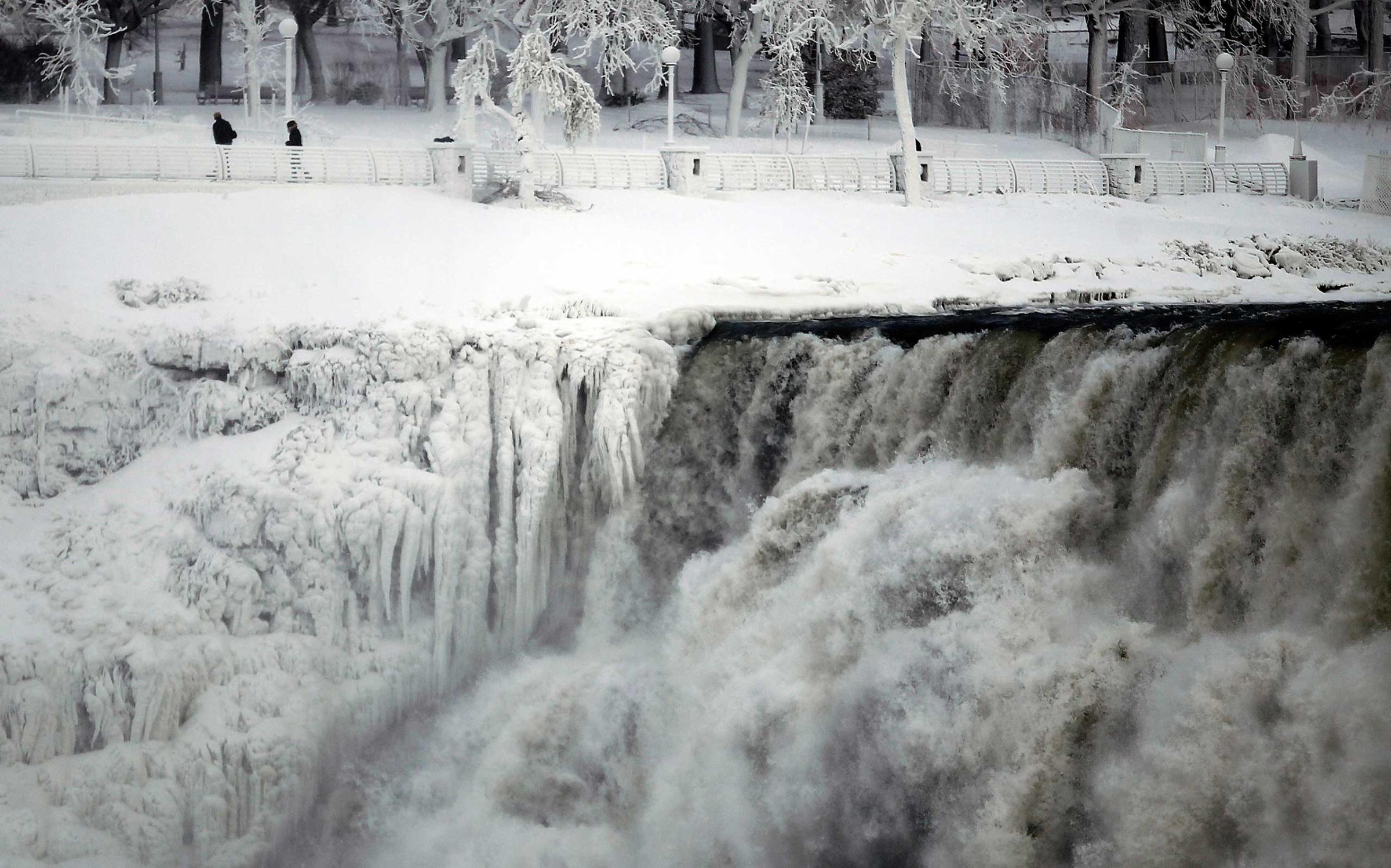
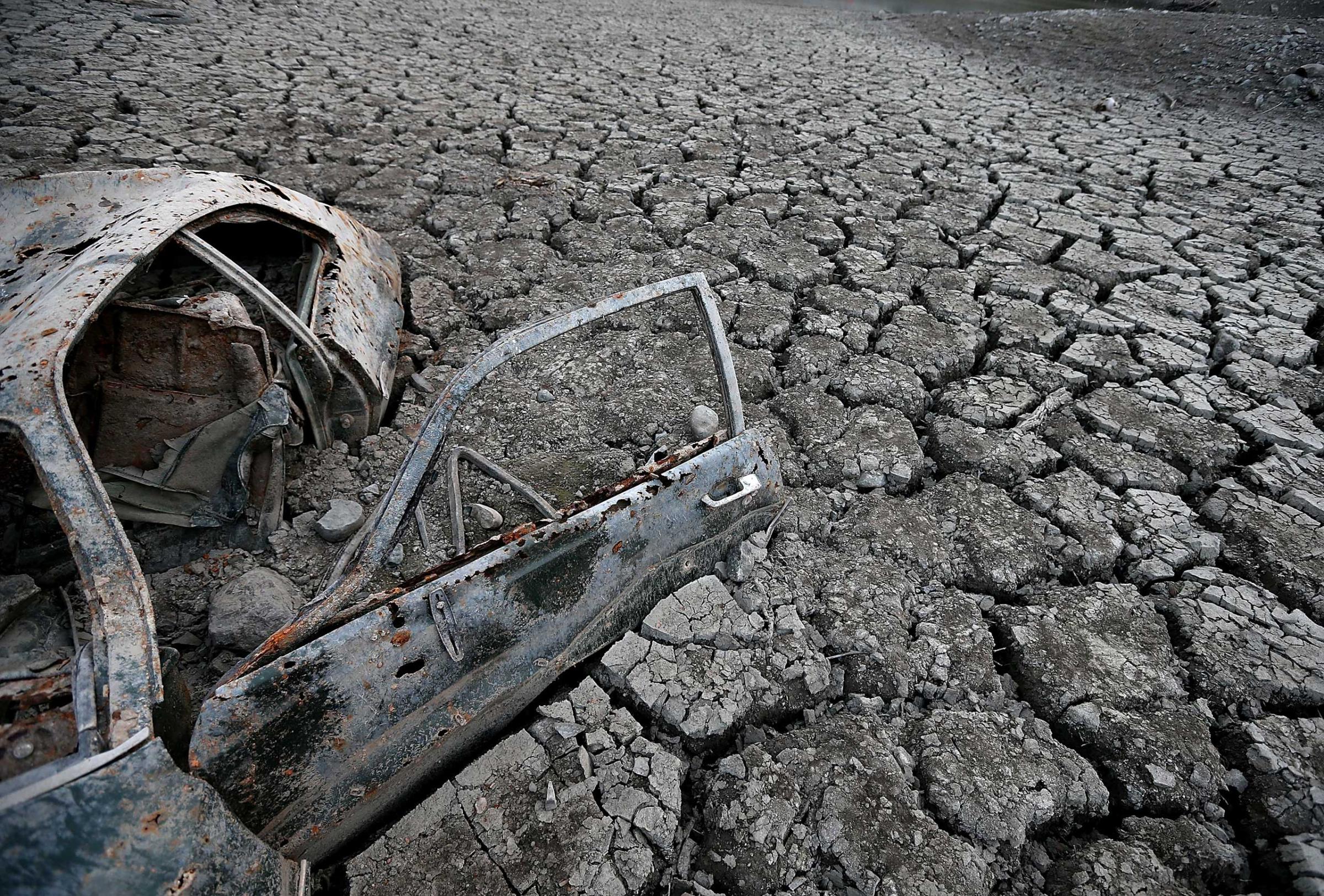
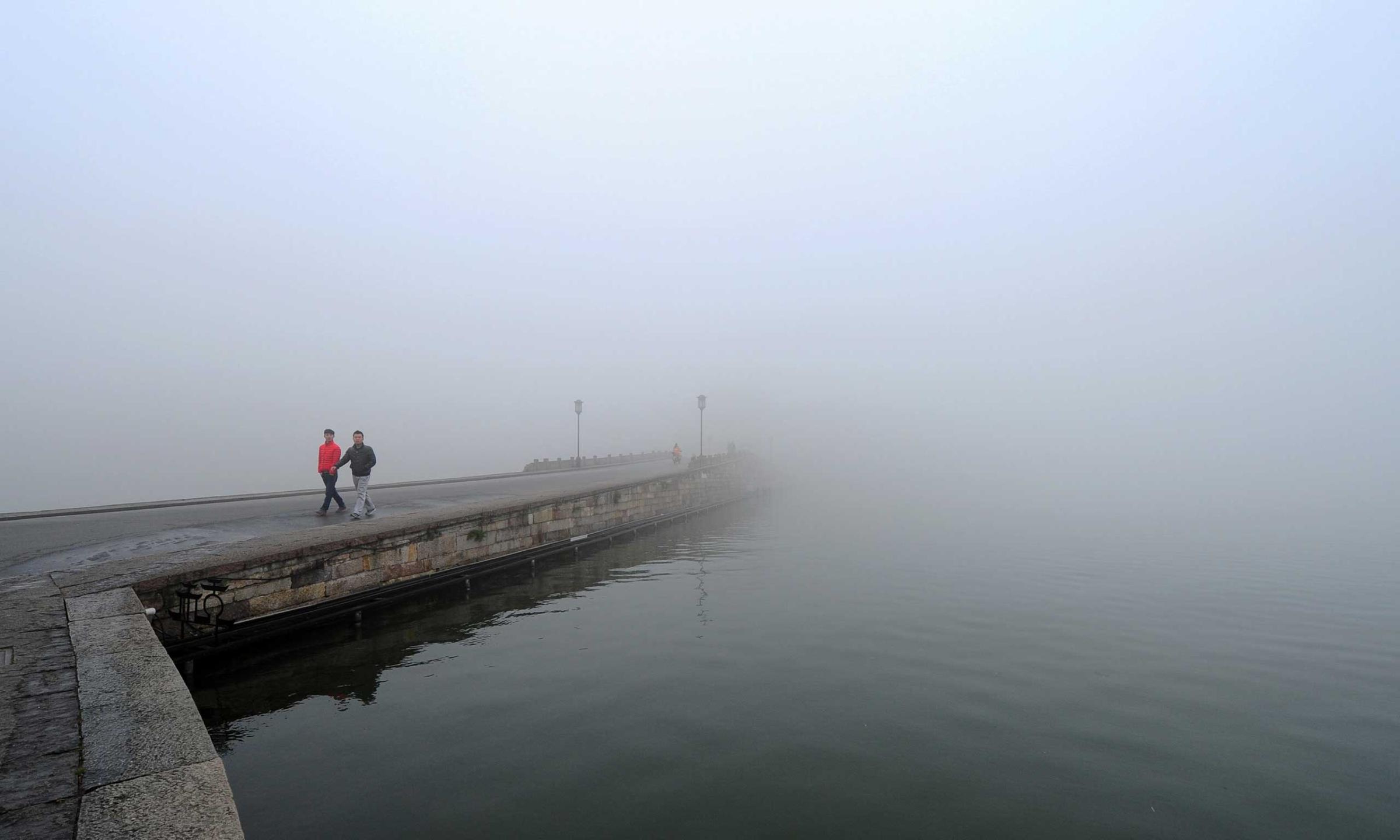
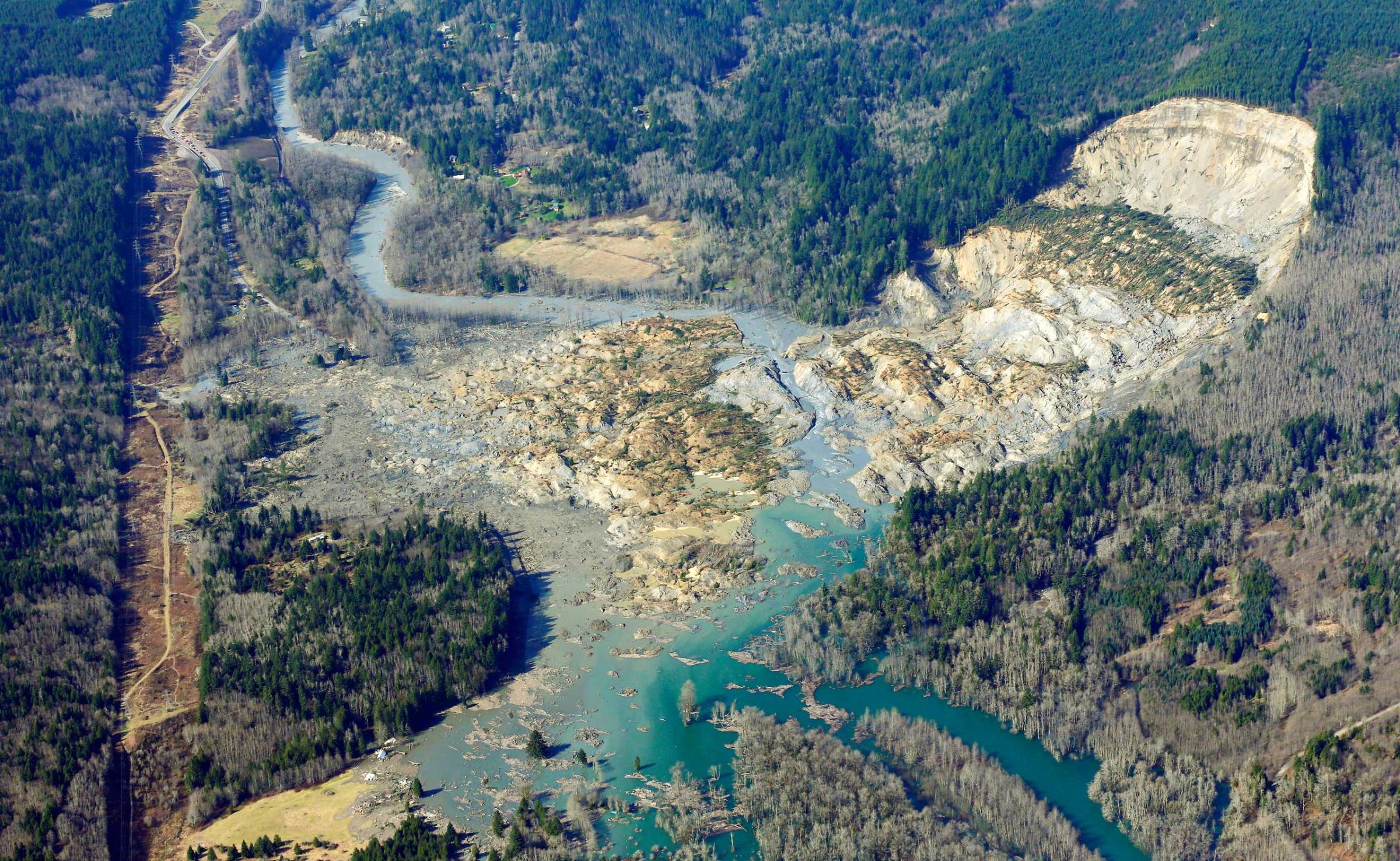

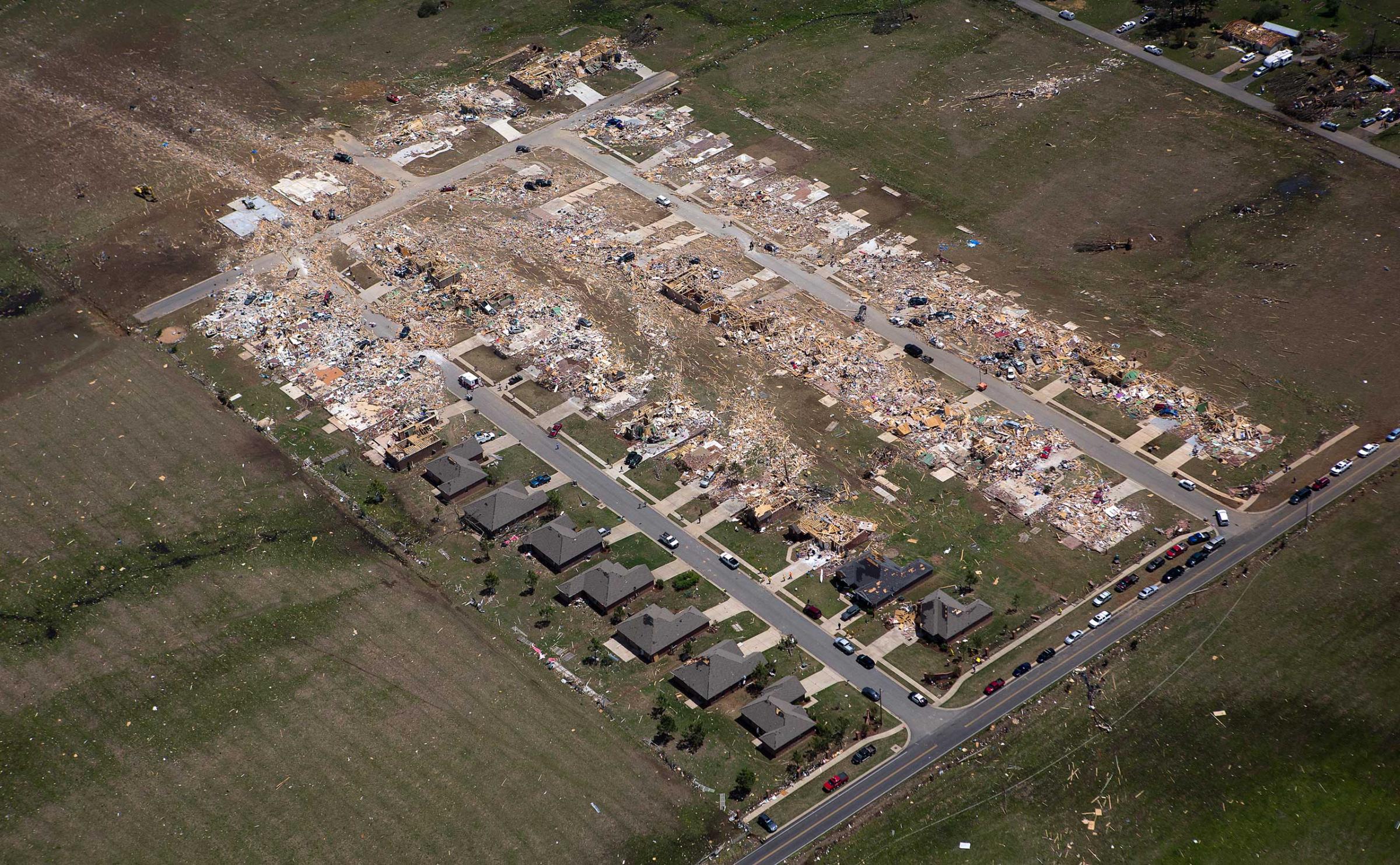
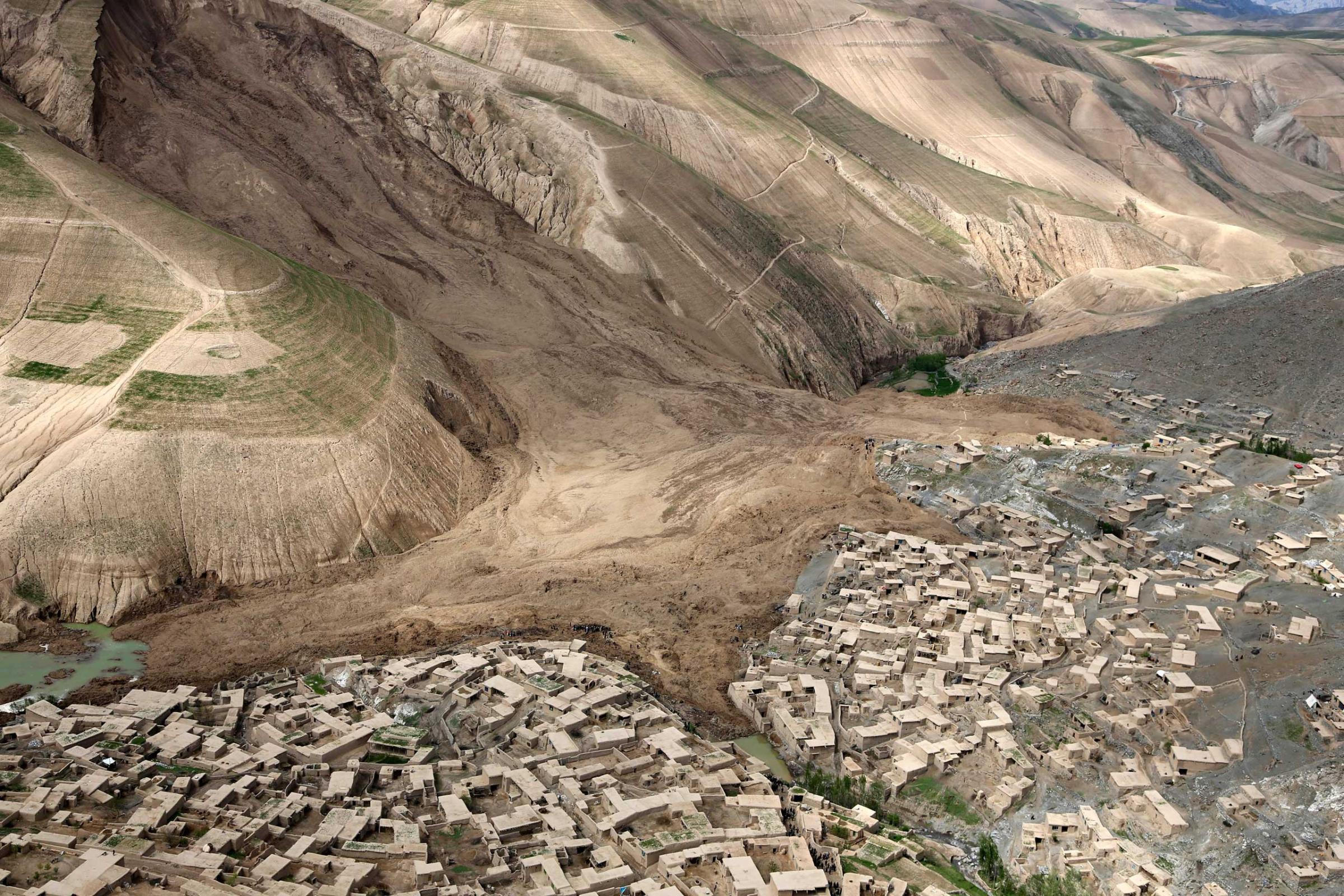
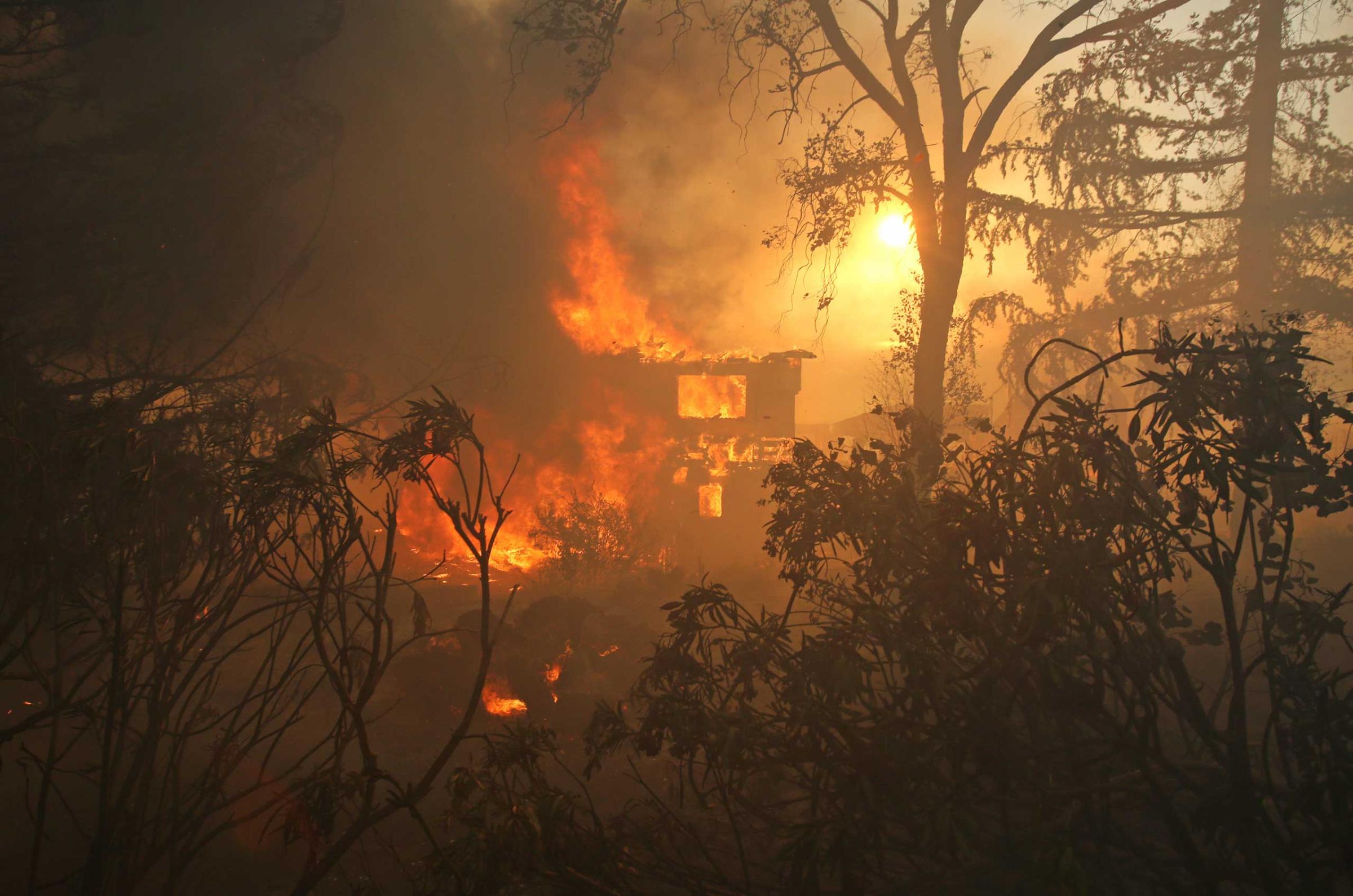
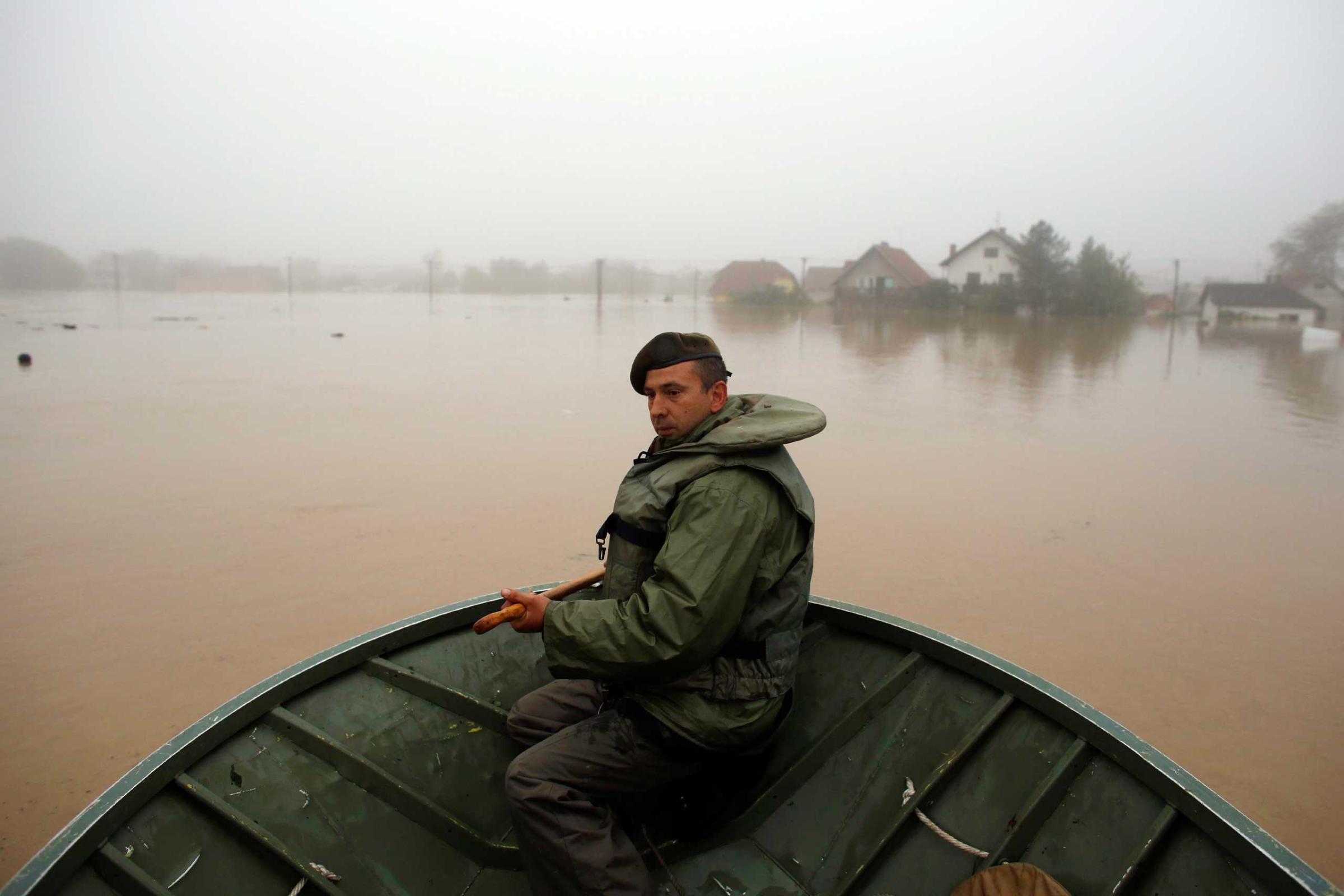
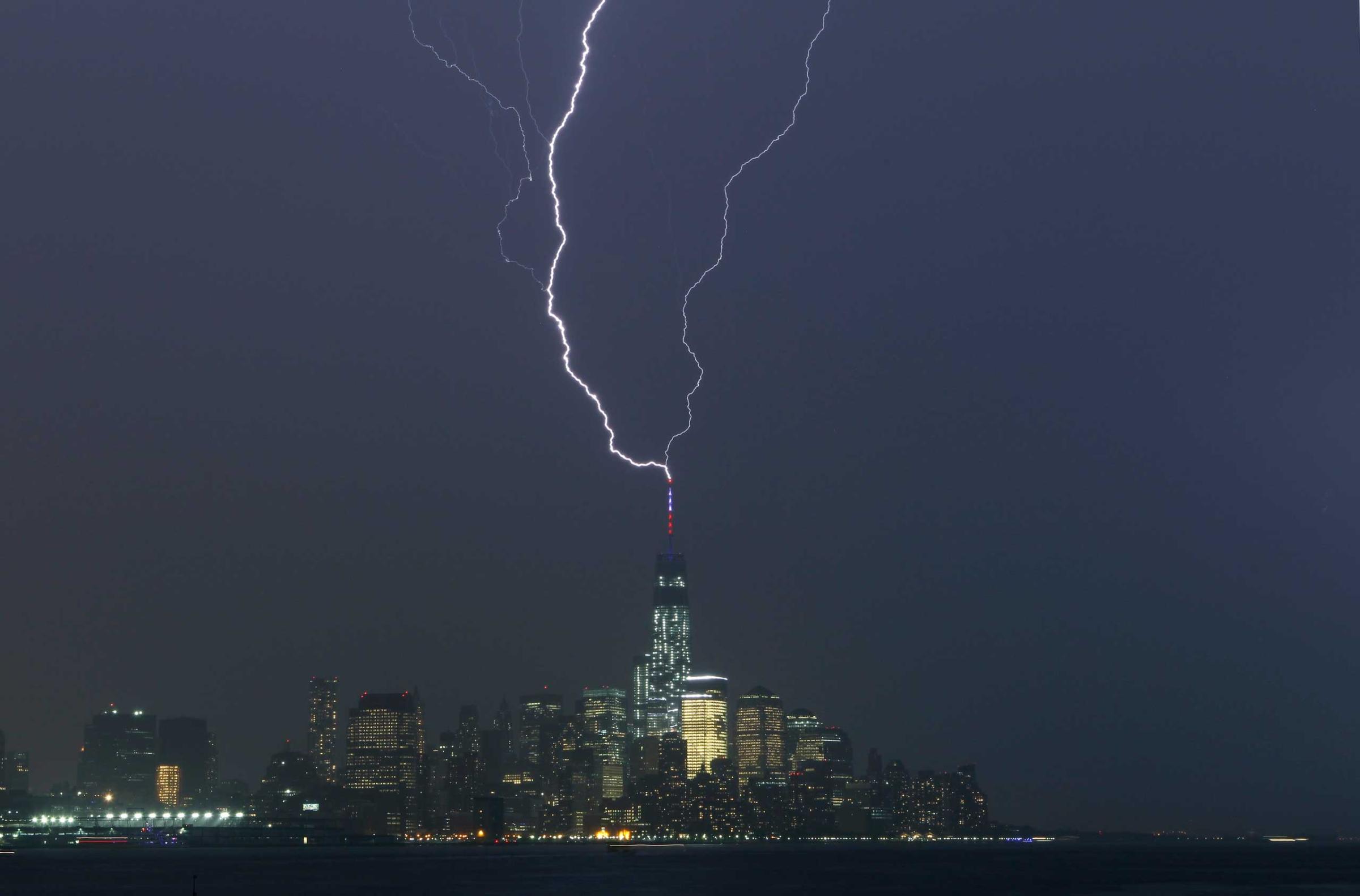
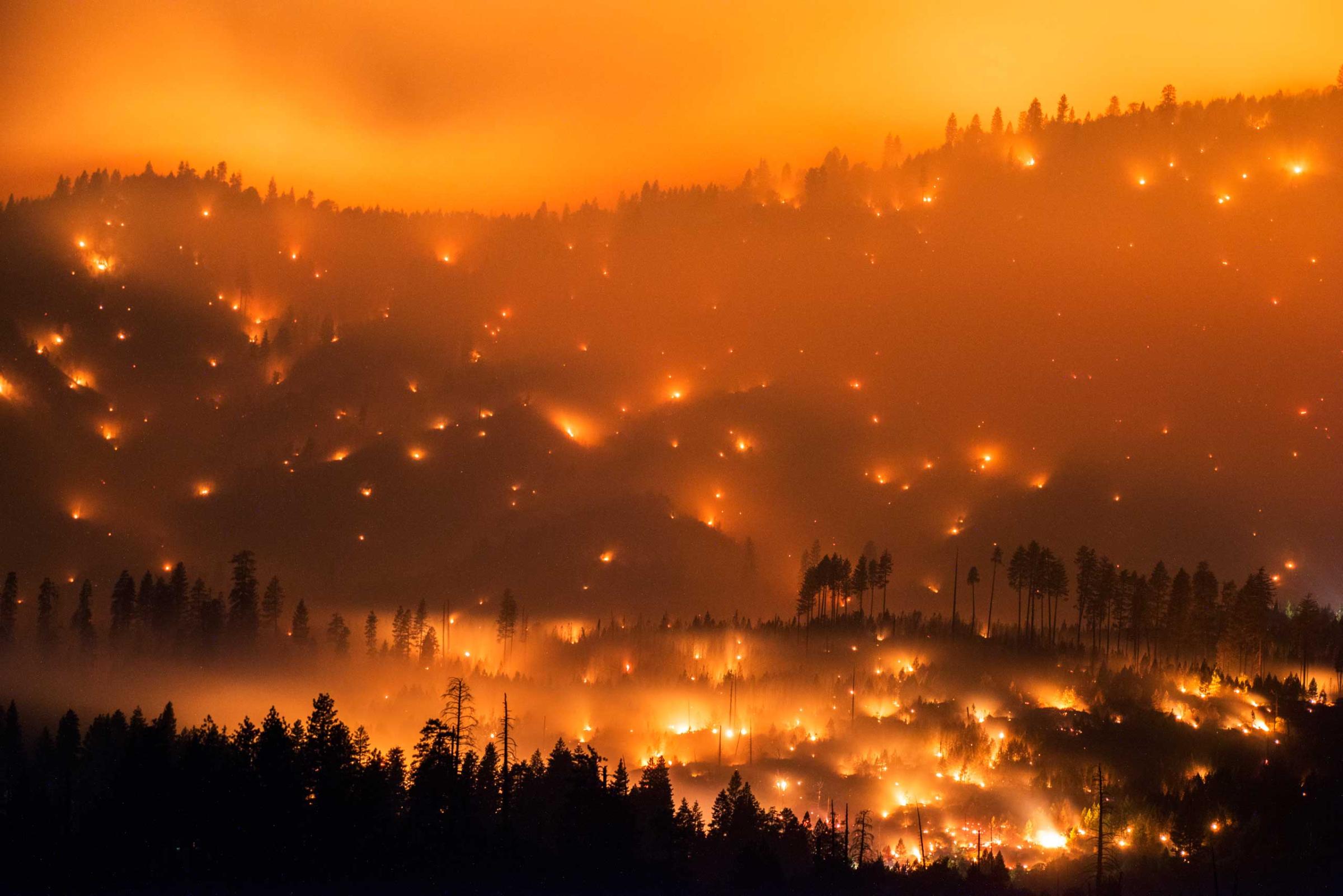
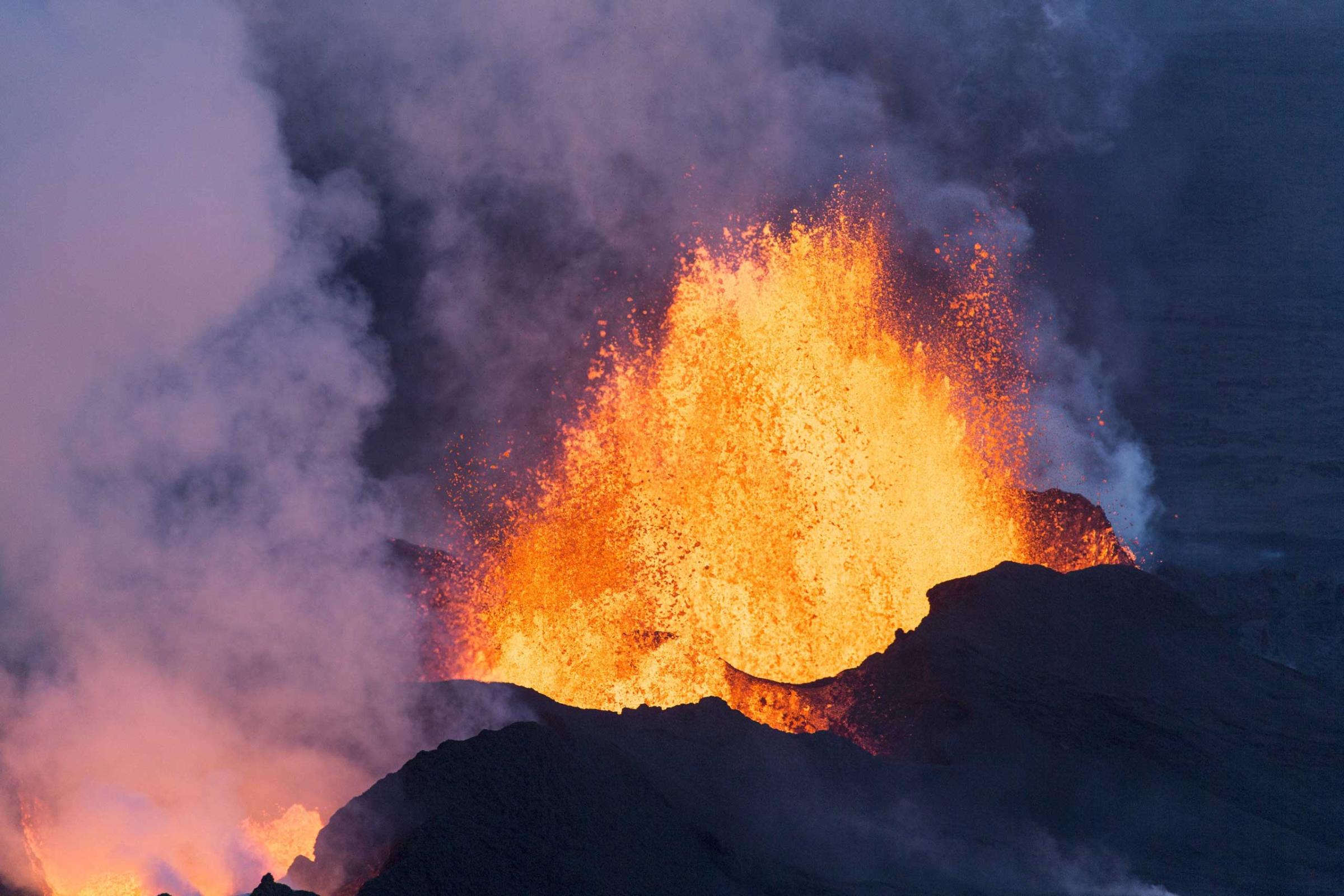
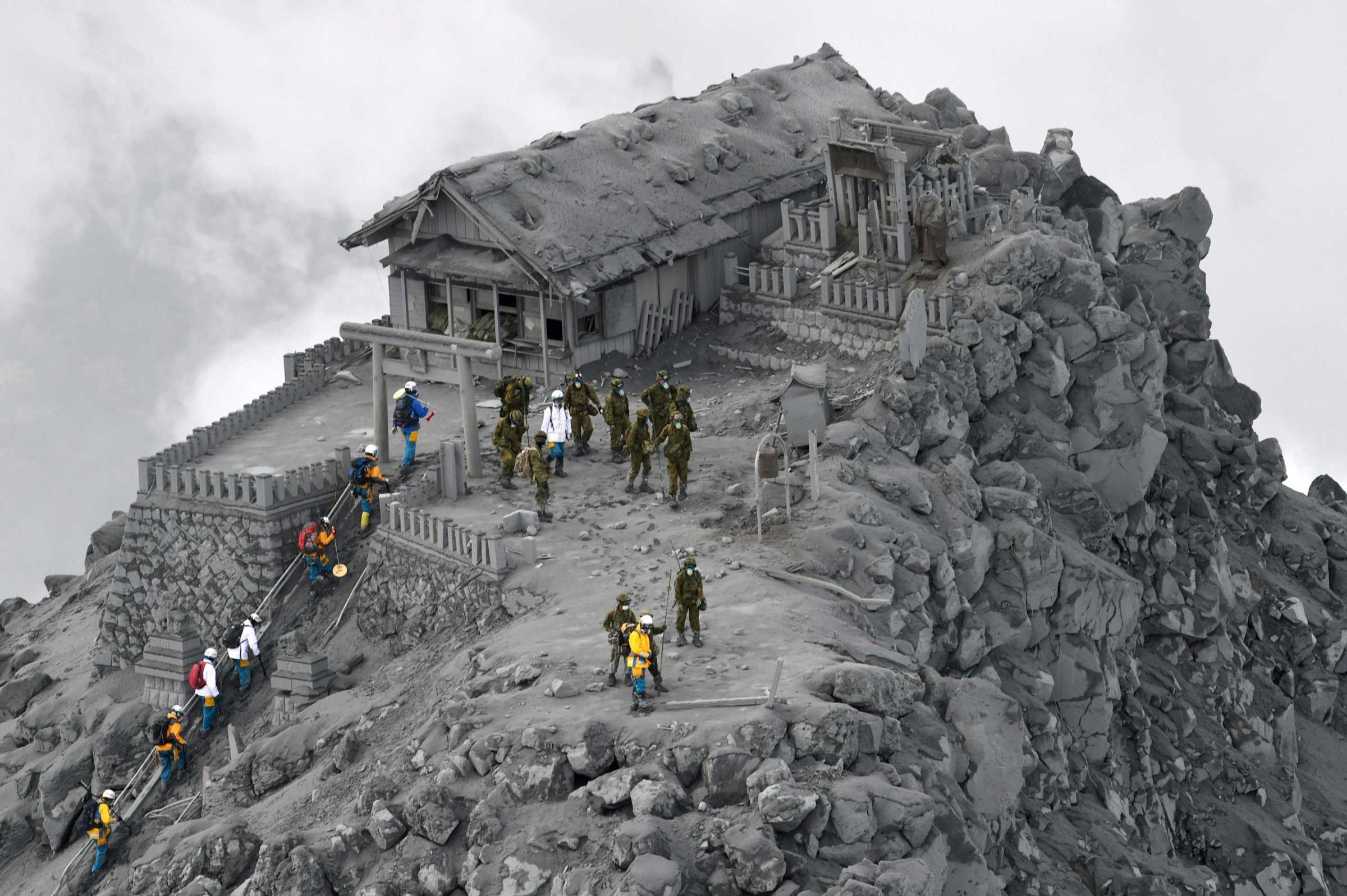
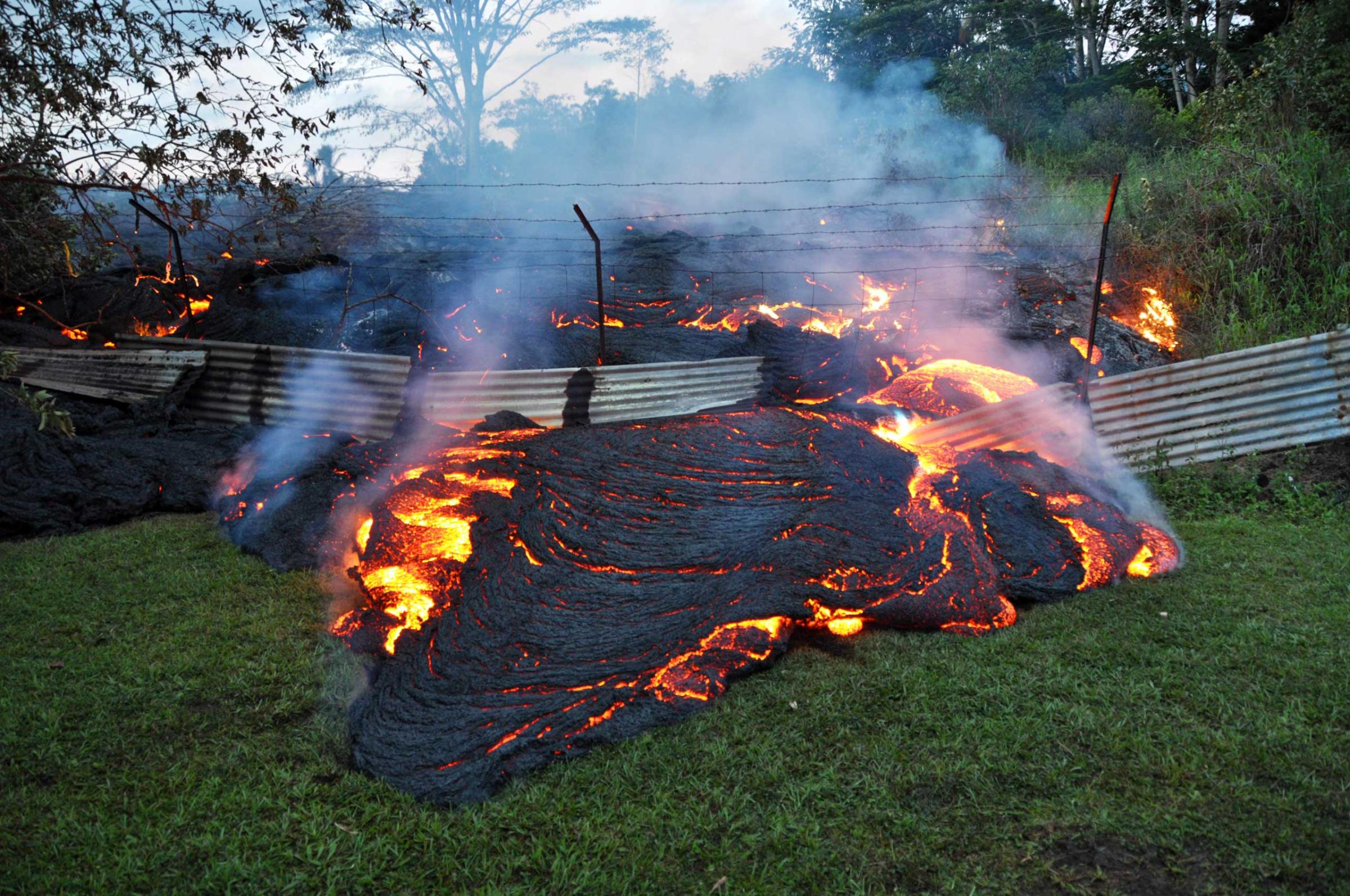
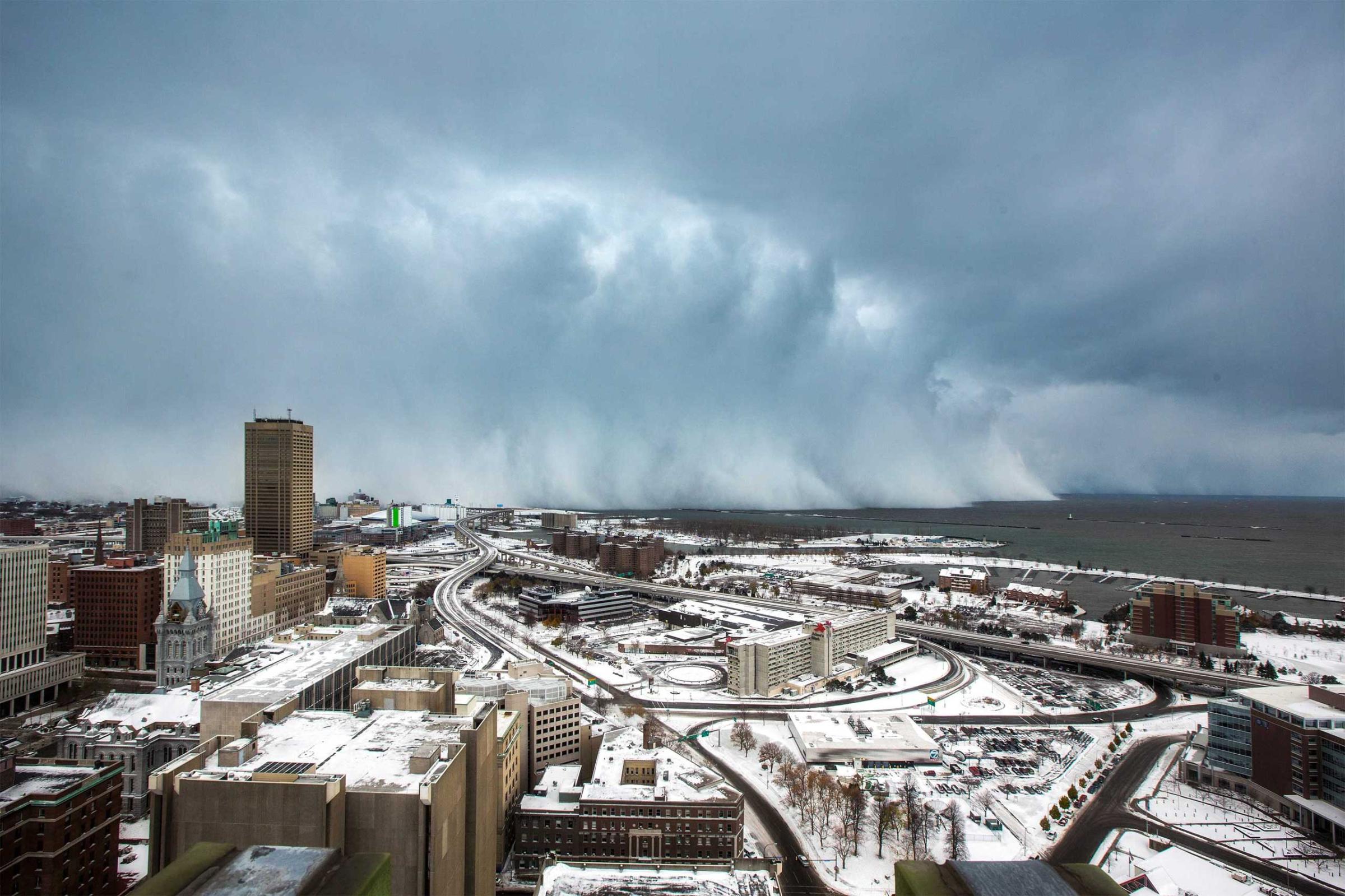
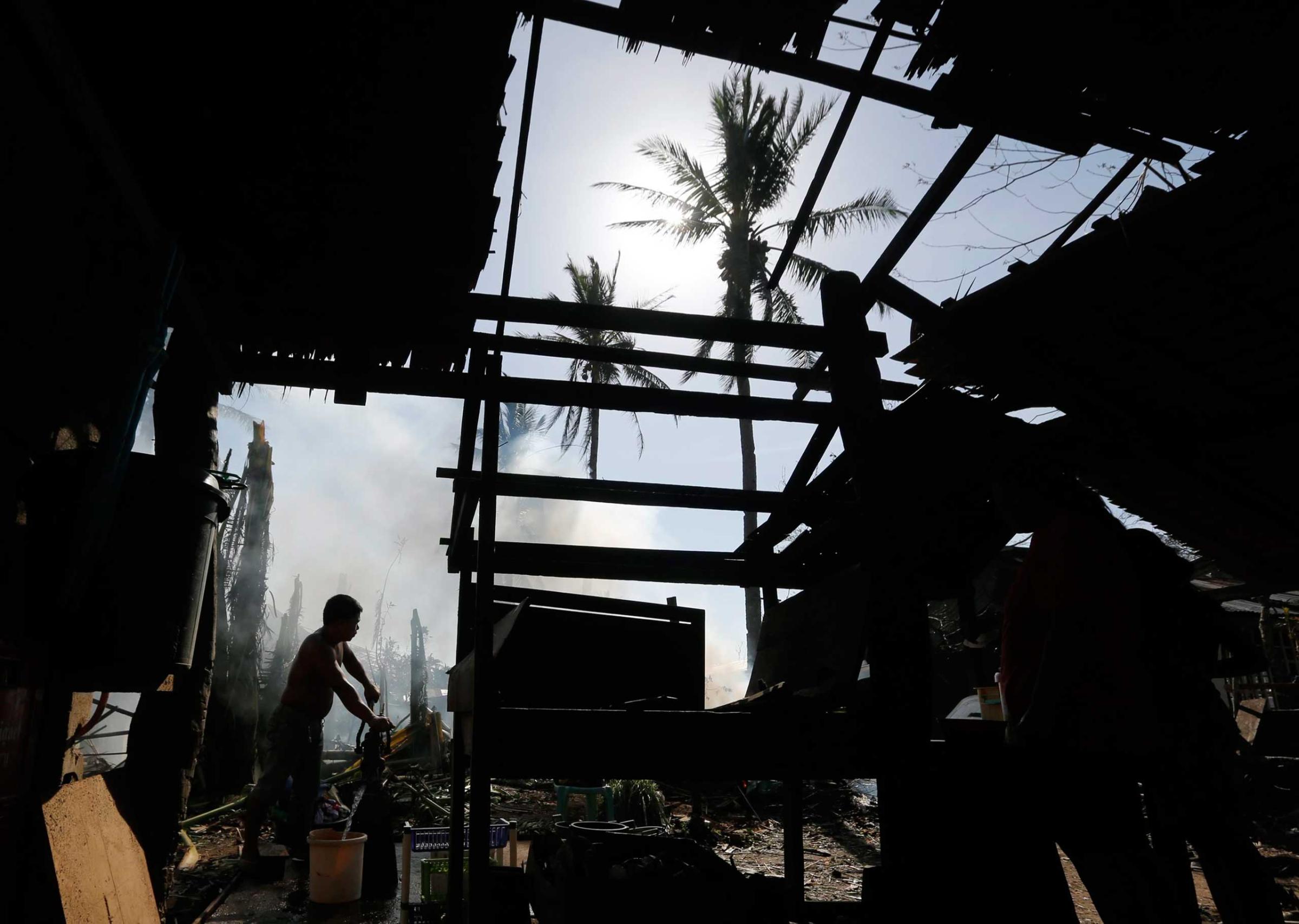
More Must-Reads from TIME
- Why Trump’s Message Worked on Latino Men
- What Trump’s Win Could Mean for Housing
- The 100 Must-Read Books of 2024
- Sleep Doctors Share the 1 Tip That’s Changed Their Lives
- Column: Let’s Bring Back Romance
- What It’s Like to Have Long COVID As a Kid
- FX’s Say Nothing Is the Must-Watch Political Thriller of 2024
- Merle Bombardieri Is Helping People Make the Baby Decision
Write to Justin Worland at justin.worland@time.com